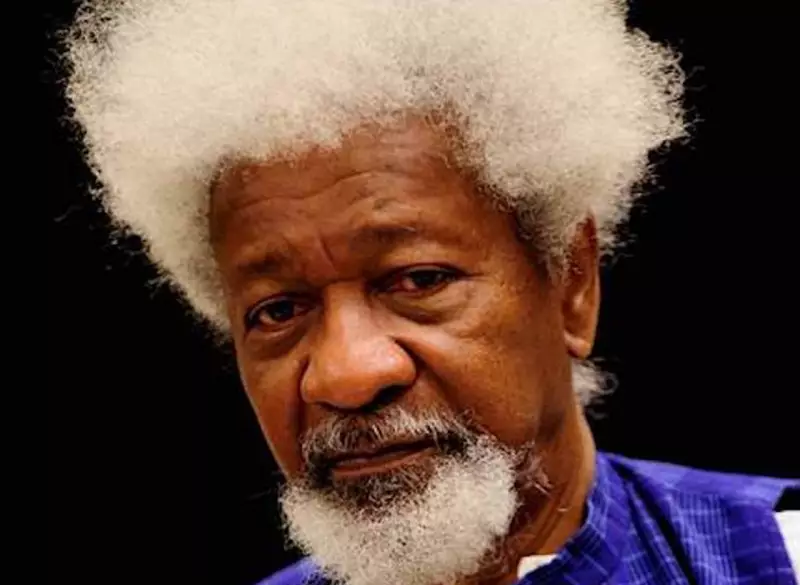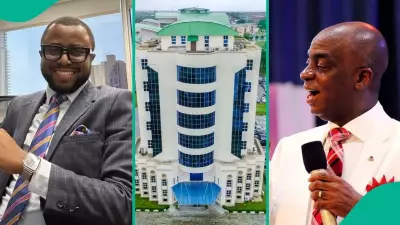
In a startling revelation that has sent shockwaves through academic and political circles, Nigeria's Nobel laureate Professor Wole Soyinka has disclosed that the United States government has revoked his visa in what he characterizes as a targeted political witch hunt.
The acclaimed playwright and activist, who received the Nobel Prize in Literature in 1986, made the disclosure during a recent public appearance, expressing both bewilderment and concern about the implications of this decision.
Academic Freedom Under Threat?
Soyinka, known for his outspoken criticism of governmental policies both in Nigeria and internationally, suggested that the visa revocation might be connected to his political views and activism. The development raises serious questions about the boundaries of academic freedom and the treatment of dissenting voices in international relations.
"This appears to be more than just an administrative decision," Soyinka stated, emphasizing the timing and circumstances surrounding the visa cancellation. "When voices of conscience are systematically silenced through bureaucratic means, we must question what democratic principles are truly being upheld."
International Reaction and Implications
The news has sparked concern among human rights organizations and academic institutions worldwide. Many see this as a troubling precedent that could affect other intellectuals and activists who maintain critical perspectives on government policies.
Observers note that Soyinka's case comes amid increasing tensions in international diplomatic relations and raises important questions about:
- The intersection of immigration policy and political expression
- Academic freedom in an era of geopolitical tensions
- The treatment of prominent African intellectuals by Western nations
- The future of cultural and educational exchanges between Nigeria and the United States
Historical Context and Previous Engagements
Professor Soyinka has maintained a long-standing relationship with American academic institutions, having served as visiting professor at several universities including Harvard, Yale, and Cornell. His visa revocation therefore represents a significant rupture in this decades-long academic dialogue.
The playwright's international stature and his role as a cultural ambassador for Nigeria make this development particularly noteworthy. Throughout his career, Soyinka has used his platform to advocate for democratic principles and human rights, often criticizing authoritarian regimes and governmental overreach.
As the situation develops, many in the academic and diplomatic communities are watching closely to see how this will affect Nigeria-US relations and whether other prominent figures might face similar restrictions. The case underscores the fragile nature of international academic exchange in an increasingly polarized global political landscape.





